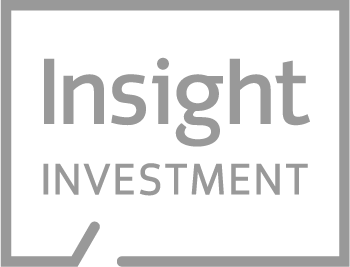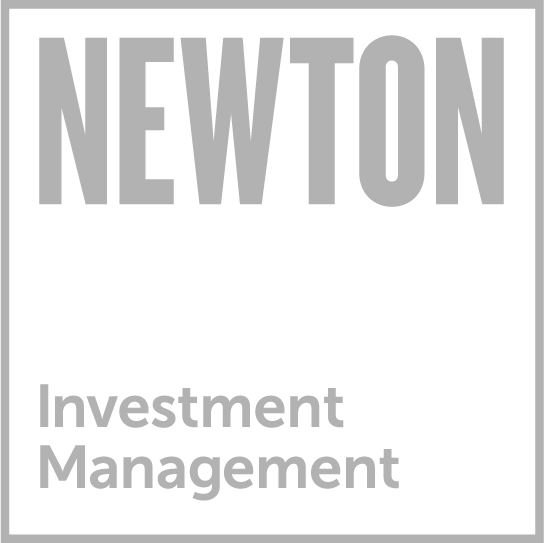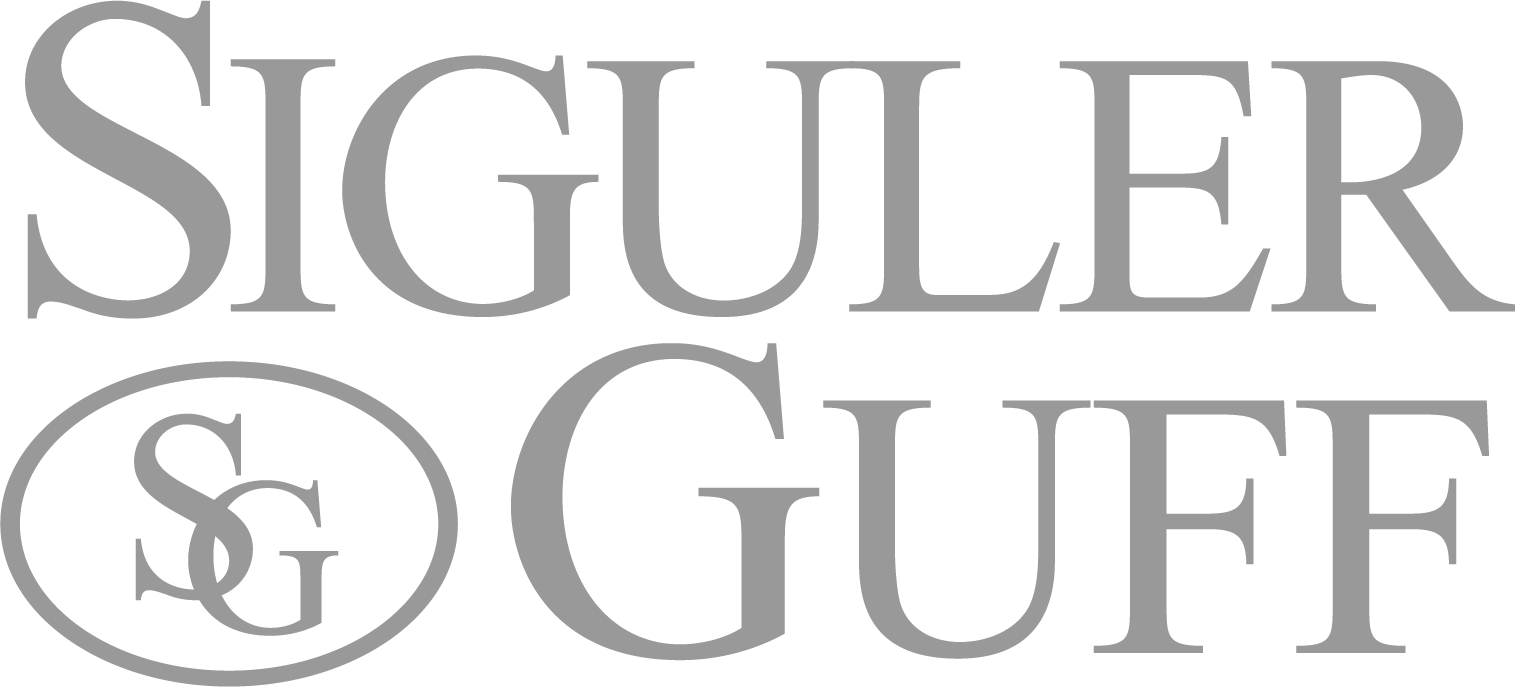October 2023
Europe has long been home to many market-leading companies, yet its entrepreneurial strength is often overlooked. Here, the Walter Scott Investment Team discuss their selection process and criteria for identifying distinct opportunities in the region through a long-term investment lens.
Highlights
- Across the region you can find market-leading companies with compelling growth prospects underpinned by fundamental trends.
- These leading companies hold some common traits such as market leadership, growth and diversification, long-term thinking and track record.
- Our investment philosophy is based on a belief that it is the companies, not markets, that create wealth.
Europe is home to some of the world’s most innovative companies. Across the region, you can find market-leading companies with compelling growth prospects underpinned by fundamental trends. There are companies with the financial strength and strategic commitment to prosper when times are good and also when the environment is more challenging, thanks to long-term investment and vision.
You will find companies that have demonstrated these attributes over decades, sometimes many decades. This year, Danish healthcare company, Novo Nordisk celebrated its 100th anniversary while Swedish industrial group, Atlas Copco celebrated 150 years since its founding. Further back, LVMH can trace its roots back to 1854 while this year becoming the first European company to reach a market capitalization in excess of USD$500 billion. Listed in 1995, ASML, one of the most critical and advanced suppliers to the world’s leading semiconductor chip manufacturers, appears to be a relative new start by contrast, but this masks a longer history and technological partnership between Dutch industrial champion, Philips and ASM International.
Challenging conditions do not preclude growth
Today, Europe faces growing economic pressure with acute social and political challenges in a number of countries. Much is said about a loss of identity and strategic place in the world for the UK as well as other European nations. We don’t dismiss those concerns, but when considering the prospects for the companies across the region that meet our stringent and selective investment criteria, we remain as convinced as ever by the prospects for long-term growth, and over time, meaningful shareholder return.
Our task is to identify and invest in these exceptional companies and then hold them over the long-term. These leading companies can be found across various regions and sectors, but they hold some common traits such as market leadership, growth and diversification, long-term thinking and track record.
Market leadership
Within Walter Scott’s consistently applied research framework, control of destiny is one of the criteria that must be demonstrated. That control often comes from market leadership which in turn links to competitive advantage, barriers to entry and pricing power. For companies like Hermes or Ferrari, pricing power and consumer loyalty are striking. Through almost all economic conditions, these companies demonstrate their brand strength and growth prospects. We also look for companies that are able to grow market share. Companies like KONE and SAP, for example, have successfully deepened their leading position and competitive strength by adding service elements to their original propositions, adding substantial recurring revenue streams.
Growth & diversification
Companies like Nestle, L’Oréal and Diageo have long proven able to leverage their marketing and branding skills, creating consumer demand across developed and emerging markets as well as product category. As other examples, AMSL and ASM International play an integral role in the global semiconductor supply chain with Kuehne & Nagel one of the world’s leaders in enabling that critical supply chain across highly specialized equipment and components.
Inditex has also long confounded critics by successfully exporting its concepts around the world. The company has continued to deliver impressive growth in its domestic and European market, while also proving that its offer and store formats appeal to consumers almost everywhere. Similarly, Europe’s many pharmaceutical and medical device companies, including Roche, Novo Nordisk, Novartis and Coloplast successfully serve a global marketplace and growing patient need.
Europe’s entrepreneurial strength is often overlooked. In centers of innovation and excellence, from Scandinavia’s tech scene to Switzerland’s biotechnology hubs as just two examples, it is possible to find smaller companies with exciting growth prospects as well as the kind of financial profile and resilience we look for.
Long-term thinking
Meeting with companies and visiting their facilities or factories is another important part of our research process, but what makes our engagement distinct, we believe, is our objective. Our aim is not to gather information to feed into a quarterly earnings model or gauge performance versus market expectations, it is instead to understand a company’s long-term direction. To understand not only investment being made today to deliver growth over the long term, but to be assured that management commitment and reward alongside corporate culture is aligned to that long-term lens.
Track record
In building an investment case for any company, we attach significant weight to historic financial performance. We will rarely invest in IPOs for that reason and instead want the ability to analyze financial results through market and economic cycles. We want to understand vulnerabilities, and equally be reassured of resilience and agility. Think of disruptive companies and high-profile start-ups might come to mind. But many of Europe’s oldest companies have shown themselves to be disruptors, often repeatedly so. Wolters Kluwer, for example, which dates its history back to 1836 was for many years a successful Dutch publishing house focused on educational and informational literature. But in its more recent history, the company has successfully pivoted into digital publishing and data services, serving those same end markets through different means. Sika is another company that has demonstrated an ability to continue to innovate. Established in 1910, its first breakthrough was inventing a quick setting waterproofing admixture for the mortar used to waterproof the Gotthard Tunnel that allowed the Swiss railway to electrify the important connection between northern and southern Europe. Today, Sika leads its industry in the development of sustainable building materials, that are not only less environmentally damaging, but that offer better protection from the impact of climate change.
Outlook
Walter Scott’s investment philosophy is based on a belief that it is the companies, not markets, that create wealth; invest in the right companies and over time the wealth generated will be reflected in share price return. That approach requires diligence and patience, and selectivity. Europe has long been home to many world-leading companies. Some well-known names, others less so, but all companies that we believe, can deliver profitable long-term growth and also contend with short-term uncertainty.
All investments involve risk, including the possible loss of principal. Certain investments involve greater or unique risks that should be considered along with the objectives, fees, and expenses before investing. Company information is mentioned only for informational purposes and should not be construed as investment or any other advice. The holdings listed should not be considered recommendations to buy or sell a security.
BNY Mellon Investment Management is one of the world’s leading investment management organizations, encompassing BNY Mellon’s affiliated investment management firms and global distribution companies. BNY Mellon is the corporate brand of The Bank of New York Mellon Corporation and may also be used as a generic term to reference the corporation as a whole or its various subsidiaries generally.
This material has been provided for informational purposes only and should not be construed as investment advice or a recommendation of any particular investment product, strategy, investment manager or account arrangement, and should not serve as a primary basis for investment decisions.
Prospective investors should consult a legal, tax or financial professional in order to determine whether any investment product, strategy or service is appropriate for their particular circumstances. Views expressed are those of the author stated and do not reflect views of other managers or the firm overall. Views are current as of the date of this publication and subject to change.
The information is based on current market conditions, which will fluctuate and may be superseded by subsequent market events or for other reasons. References to specific securities, asset classes and financial markets are for illustrative purposes only and are not intended to be and should not be interpreted as recommendations. Information contained herein has been obtained from sources believed to be reliable, but not guaranteed. No part of this material may be reproduced in any form, or referred to in any other publication, without express written permission.
Walter Scott & Partners Limited (“Walter Scott”) is an investment management firm authorized and regulated in the United Kingdom by the Financial Conduct Authority in the conduct of investment business. Walter Scott is also registered with the U.S. Securities and Exchange Commission (SEC) as an investment adviser. Walter Scott is a subsidiary of The Bank of New York Mellon Corporation.
Not FDIC-Insured | No Bank Guarantee | May Lose Value
© 2023 BNY Mellon Securities Corporation, distributor, 240 Greenwich Street, 9th Floor, New York, NY 10286
MARK-431282-2023-10-02






